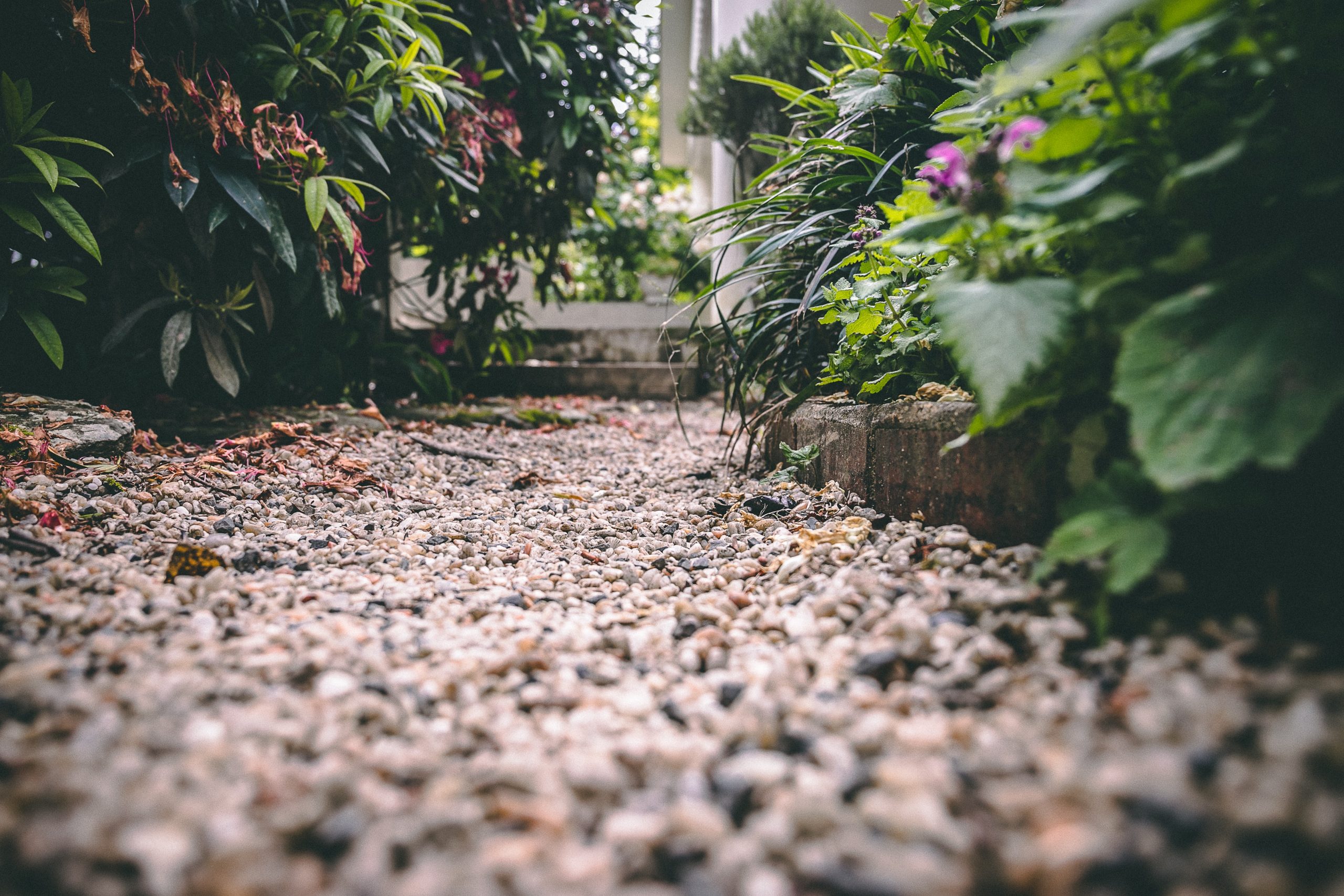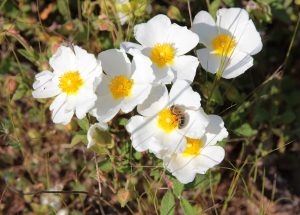Last Updated on April 12, 2024 by Real Men Sow
Gravel gardens are known for their sunny, well-drained environment. They require less water than other types of garden and are therefore very low-maintenance. Wonder how you can spice things up? Grow the best plants for gravel gardens that will bloom beautifully over the spring.
What Are The Best Plants For Gravel Gardens?
It is important to select drought-tolerant plants for your gravel garden. Choose a sunny location for your gravel garden. This will allow you to grow sun-loving Mediterranean plants that can thrive in dry, poor conditions. Be sure to consider the size and colour of your gravel. Breedon gravel is self-binding gravel that comes in a variety of sizes, it can be used to create a natural appearance. If you are interested in low-maintenance gardening, you can also pick low-maintenance outdoor potted plants too
List of Beautiful Plants For Gravel Gardens
Cistus
The majority of cistus is small, evergreen shrubs with a domed, compact shape and saucer-shaped flower. They are a good combination with other Mediterranean plants, such as rosemary and lavender, which can be grown in a gravel garden. Cistus are characterized by their pink or white flowers.
Euphorbias
Euphorbias can withstand drought well and many species can be used in gravel gardens to play different roles. Euphorbia characias subsp. wulfenii give limey color and Euphorbia x pasteurii is known for its sweetly-scented flowers.
Phlomis
Phlomis produces stunning whorls of bee-friendly flowers at regular intervals along their stems. These are a great addition to any gravel garden. They also offer winter interest in the shape of beautiful seedheads. For yellow flowers, choose Phlomis rubicosa or Phlomis russeliana, and for icy pink blooms, Phlomis tuberosa “Amazone”.
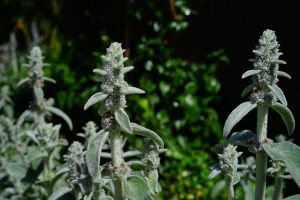 Stachys
Stachys
Silver, furry-leaves such as ‘Big Ears’ and ‘Silver Carpet’ are useful for many reasons. They are good for ground cover, flowers that can attract solitary wool carder honey bees that use the ‘wool” to line their nests.
Nepeta
The addition of catmints to gravel gardens is a great, pollinator-friendly option. Six Hills Giant’ is a quick and vibrant choice for colour. Nepeta x Faassenii is a beautiful choice for edging paths.
Verbena bonariensis
The light stems of Verbena Bonariensis have a wonderful contrast with other plants. They also provide bright purple dots from the flowers. The blooms are loved by butterflies and bees.
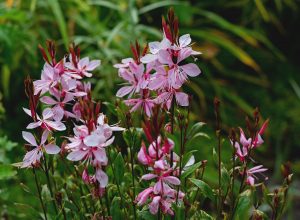 Gaura
Gaura
Gauras have a reputation for being drought-tolerant. They are known for their relaxed nature and long-lasting flowering.
Lavender
Dry areas are where lavender thrives. Low-growing varieties such as Blue Cushion’ and Nana Alba‘ are good choices for the front of borders. For larger gaps, choose Grosso’ or Sawyers’.
Crambe maritima
Sea kale’s wavy and waxy leaves have a grey-green tone. In summer, white honey-scented flowers are available.
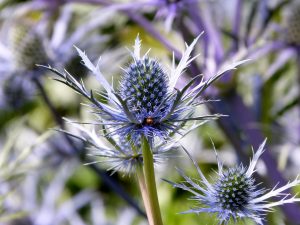 Sea holly
Sea holly
Sea holly is an architectural addition with its evergreen, sword-shaped leaves. Their thistle-like flowers are eye-catching.
Stipa
Also known as Tita tenuissima are evergreen grasses that are great for adding texture and movement to your planting plans. The Stipa gigantea, as the name implies, is larger. They are useful for plants with pompon flowers, such as alliums or echinops.
Agave
Growing agaves in the UK requires that they are kept dry during winter. Most can be left outside in milder areas, while those in cooler regions can move indoors when it gets cold. These exotic plants are worth the effort and provide an unparalleled, exotic feeling. Other good options for this role are dasylirions or yuccas.
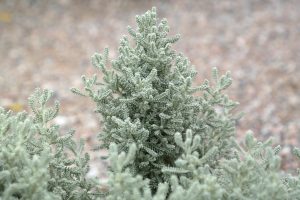 Santolina chamaecyparissus
Santolina chamaecyparissus
The small, evergreen cotton lavender has feathery, silver-grey leaves and is fragrant when crushed. It has cheerful yellow flowers in summer.
Digitalis parviflora ‘Milk Chocolate’
A rare foxglove that produces small, orange-brown flowers in spring that adds nice vertical detail.
Allium sphaerocephalon
The drumstick allium produces small-headed purple flowers that are beautiful even when they’re faded.

